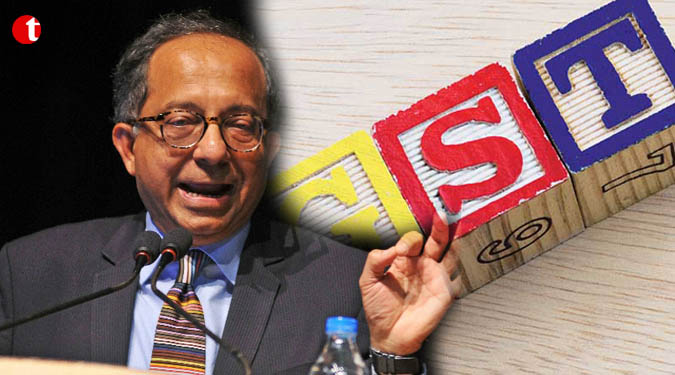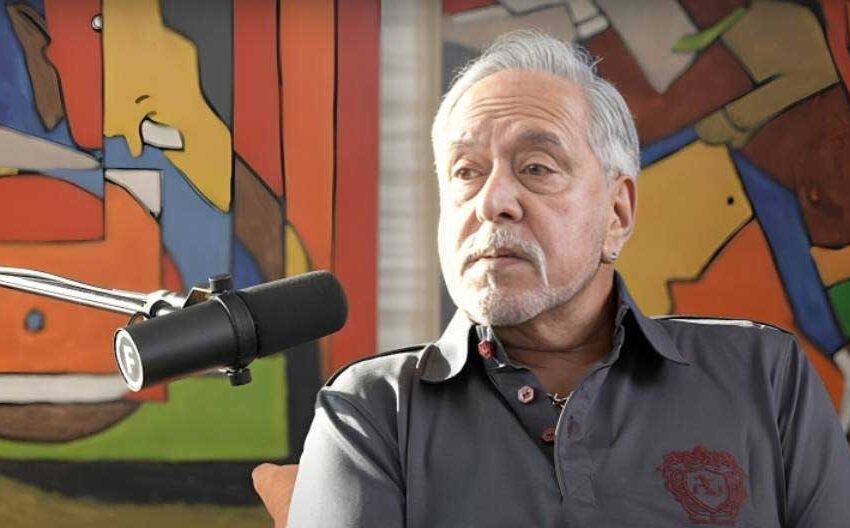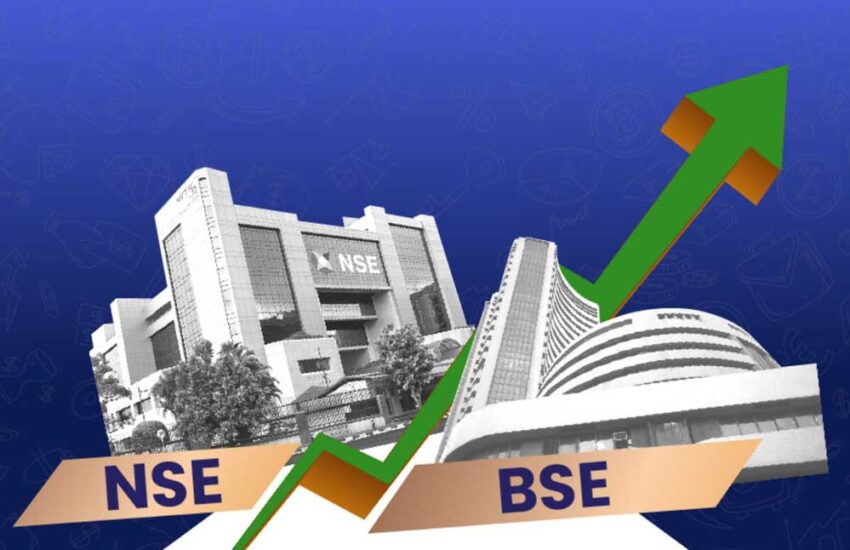TIL Desk/Business/New Delhi-Former World Bank Chief Economist Kaushik Basu today said the Modi government’s decision to demonetise high denomination currency notes is not ‘good economics’ and the collateral damage of demonetisation is likely to far outstrip the benefits. “GST was good economics; the demonetization is not. Its economics is complex and the collateral damage is likely to far outstrip the benefits,” Basu, who was also Chief Economic Advisor in the Ministry of Finance, said in a tweet.
Basu is currently professor of Economics and C Marks Professor at Cornell University. Basu on November 8 had said that with demonetisation, it is very likely that there will be a spike in gold and silver prices in India. In its biggest crackdown ever on black money, the government on Tuesday night announced demonetisation of Rs 500 and Rs 1,000 bank notes and asked people holding them to deposit into bank accounts. Since yesterday, people have been thronging banks amid concerns over exchanging and depositing the scrapped currencies.
People can deposit old Rs 500 and Rs 1,000 notes in their accounts till December 30, 2016, without any limit. Rstrictions have also been imposed on withdrawal limit and people can withdraw up to Rs 10,000 per day or Rs 20,000 per week. This limit will be reviewed after few days. Finance Minister Arun Jaitley yesterday had said the Centre is making all efforts to build consensus on sticky issues, especially on jurisdiction of assessees, to ensure GST roll out from April 1, 2017



